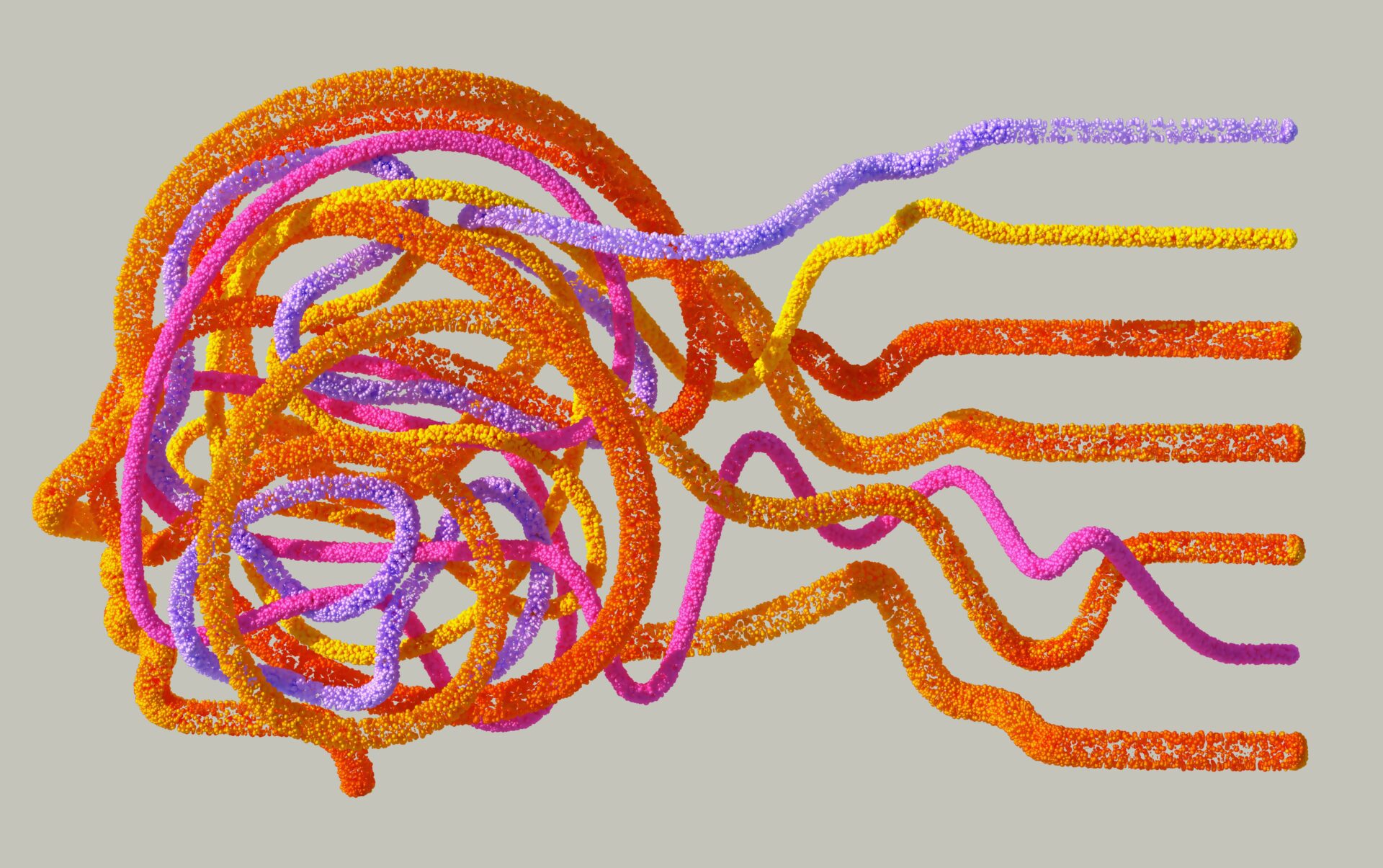How Germany's future will succeed
How can Germany's future succeed? The answer lies in joint action: Strengthening trust, sharing responsibility and living co-operation. This book shows how we can meet the challenges of our time - not as lone warriors, but as a community.
The question at the centre of this is: How can we create a society that not only regains ground economically, but also grows as a human being?



